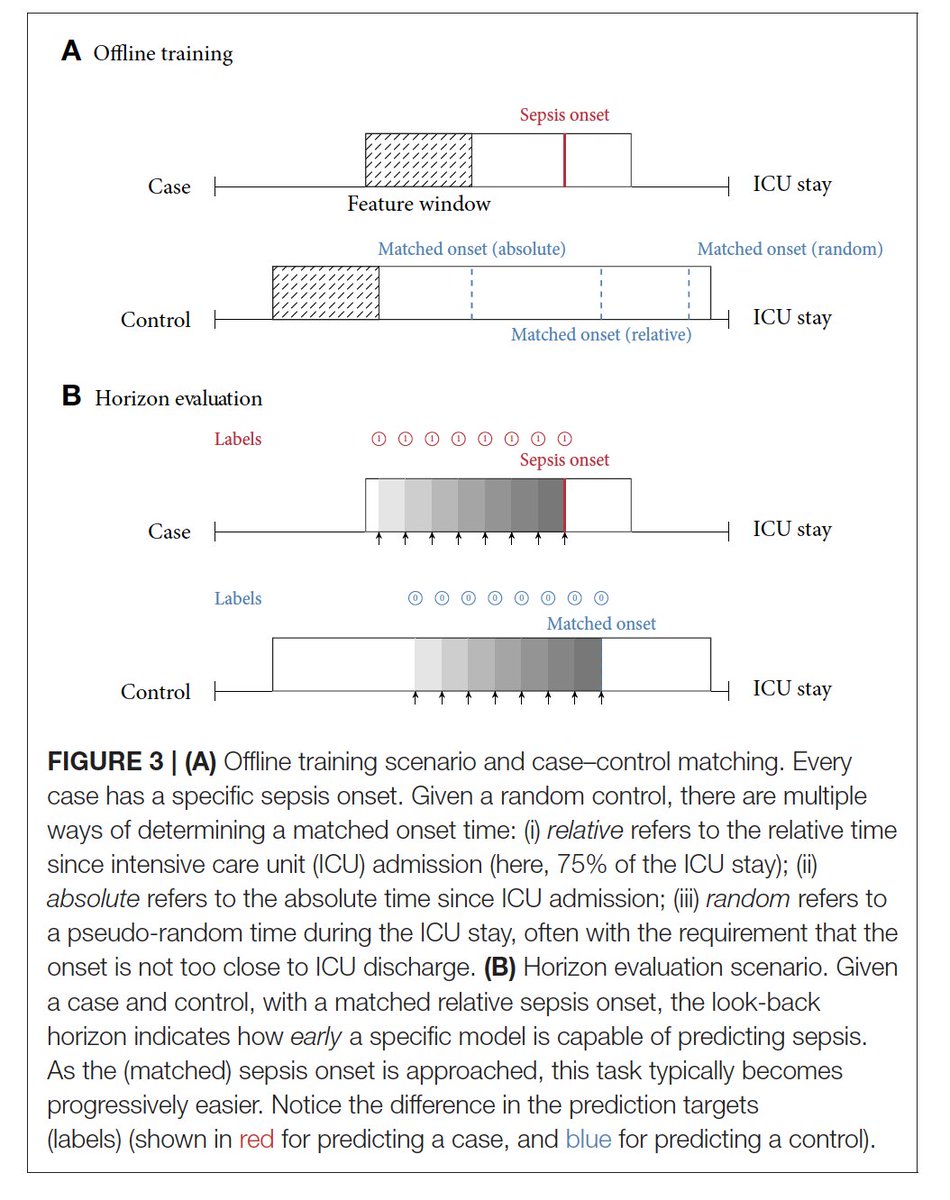Interesting failure mode of #GPT4!
It can't play "Set", a card game that is trivial to solve with a 10-line python program.
--> it can explain the game, can abstract it, write a program to solve it, but can't actually *play* it.
Check the full convo in the chat below:
It can't play "Set", a card game that is trivial to solve with a 10-line python program.
--> it can explain the game, can abstract it, write a program to solve it, but can't actually *play* it.
Check the full convo in the chat below:

Then, I asked #GPT4 to come up with a strategy to solve it. The strategy is sound, but it doesn't consistently map between the numbers and the attributes: 

which returns:
Set 1: (2121, 1213, 3332)
Set 2: (3221, 3113, 3332)
Set 3: (1331, 3132, 2233)
But #GPT4 can't simulate this program properly, and when being pointed out that the output is wrong, it suggests the algorithm is wrong and edits the code:
Set 1: (2121, 1213, 3332)
Set 2: (3221, 3113, 3332)
Set 3: (1331, 3132, 2233)
But #GPT4 can't simulate this program properly, and when being pointed out that the output is wrong, it suggests the algorithm is wrong and edits the code:

This again showcases the promise of Toolformer and external plugins to execute code..
Might be of interest to @fchollet
#Bard can't play Set either. At least, it hallucinated a valid Set (but the cards were not on the table).
#AI #LLM #NLP
#AI #LLM #NLP

• • •
Missing some Tweet in this thread? You can try to
force a refresh












